Articles and Case Studies
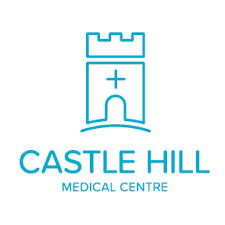
Case Study - Castle Hill Medical Centre
The implementation of Medilit AI Scribe at Castle Hill Medical Centre demonstrates the transformative impact that thoughtfully designed healthcare technology can have on clinical practice. For Dr. Watters and her colleagues, what began as a solution to documentation challenges has evolved into a comprehensive practice enhancement tool that benefits the entire healthcare ecosystem.
14-Feb-2025 | 7 min read
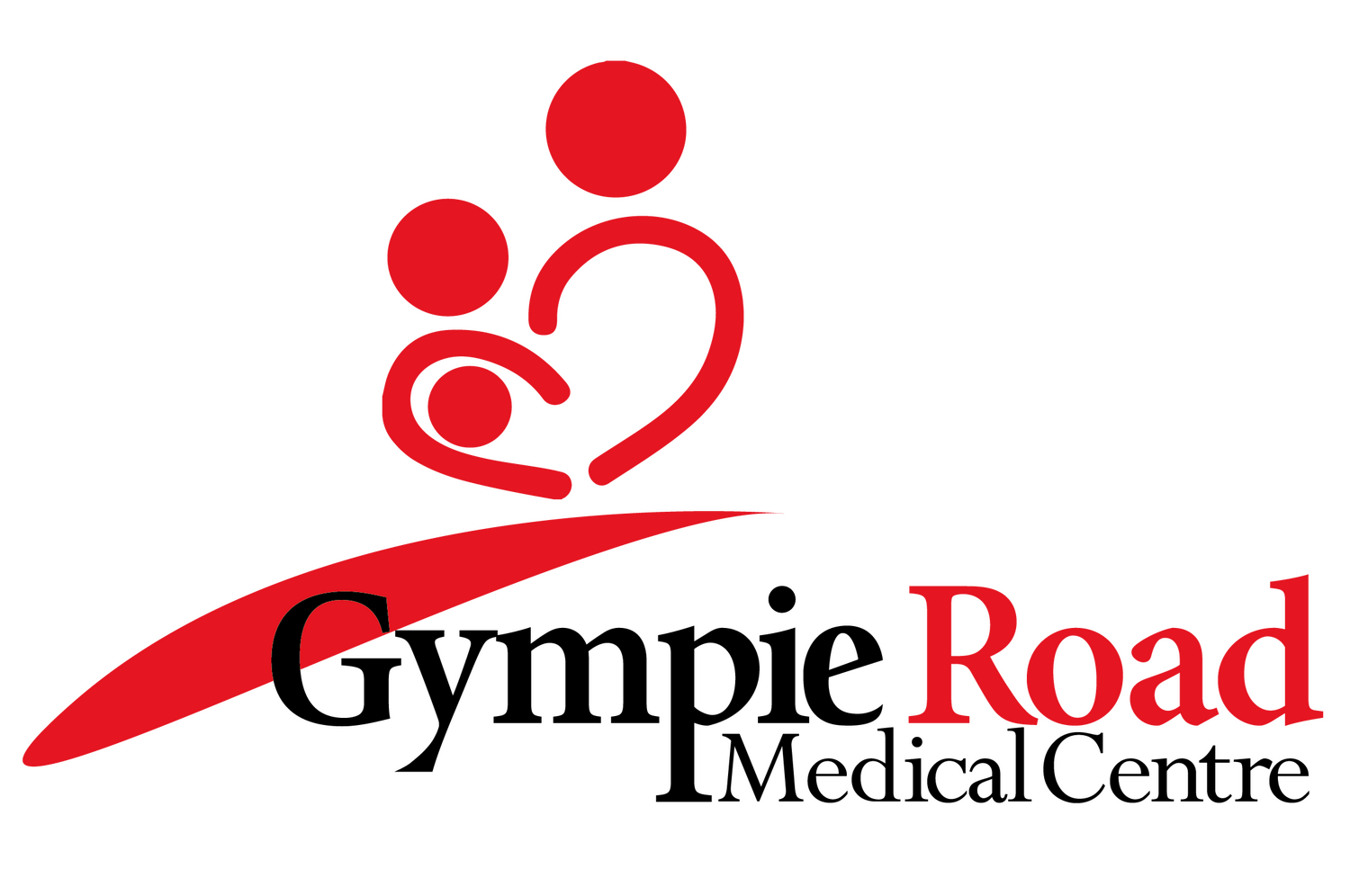
Case Study - Gympie Road Medical Centre
Gympie Roady Medical Centre, located in Lawnton, Queensland, is a thriving primary care facility that houses 12 general practitioners committed to providing comprehensive healthcare services to the local community. Situated in the heart of Lawnton, the centre has established itself as a trusted healthcare provider known for its patient-centered approach and dedication to excellence in general practice medicine.
24-Nov-2024 | 8 min read
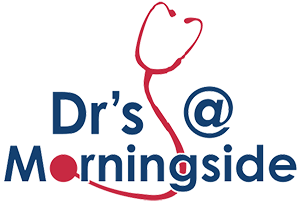
Case Study - Doctors at Morningside
Doctors at Morningside is a family-owned private medical practice located in the leafy suburb of Morningside. Our dedicated team of doctors, nurses and admin support provides a comprehensive range of whole family medicine and takes pride in delivering the highest standards of medical care. We aim to provide whole-of-life care, from newborns to centenarians and believe that the maintenance of health is fundamental in attaining personal well-being.
23-Aug-2024 | 6 min read
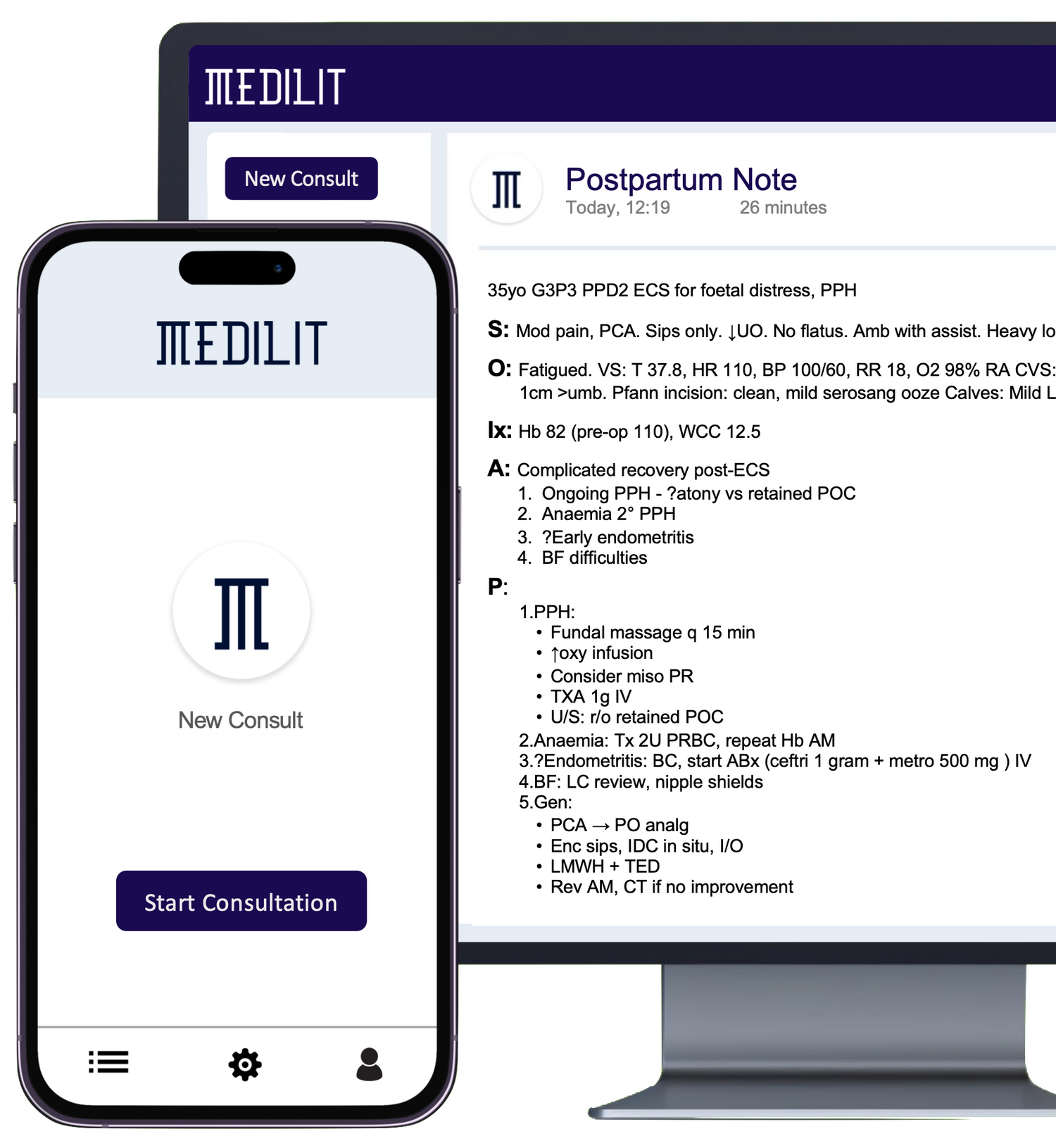
Transforming Australian Healthcare: The Power of AI Scribes
Guardians of Accuracy: AI Scribes Pave the Way for Better Outcomes
Equipped with artificial intelligence, AI scribes play a vital role in ensuring accuracy and efficiency in the Australian healthcare sector. Their capability for precise real-time capture of patient data leads to faster diagnoses and improved treatment protocols, thereby significantly enhancing patient outcomes. A recent study published in the BMC Medical Education journal highlights the potential of AI-powered ...
Transforming Australian Healthcare: The Power of AI Scribes
3 min read
Guardians of Accuracy: AI Scribes Pave the Way for Better OutcomesEquipped with artificial intelligence, AI scribes play a vital role in ensuring accuracy and efficiency in the Australian healthcare sector. Their capability for precise real-time capture of patient data leads to faster diagnoses and improved treatment protocols, thereby significantly enhancing patient outcomes. A recent study published in the BMC Medical Education journal (https://bmcmededuc.biomedcentral.com/articles/10.1186/s12909-023-04043-4) highlights the potential of AI-powered virtual scribes in medical education, demonstrating their ability to reduce the administrative burden on physicians and improve the quality of patient care.
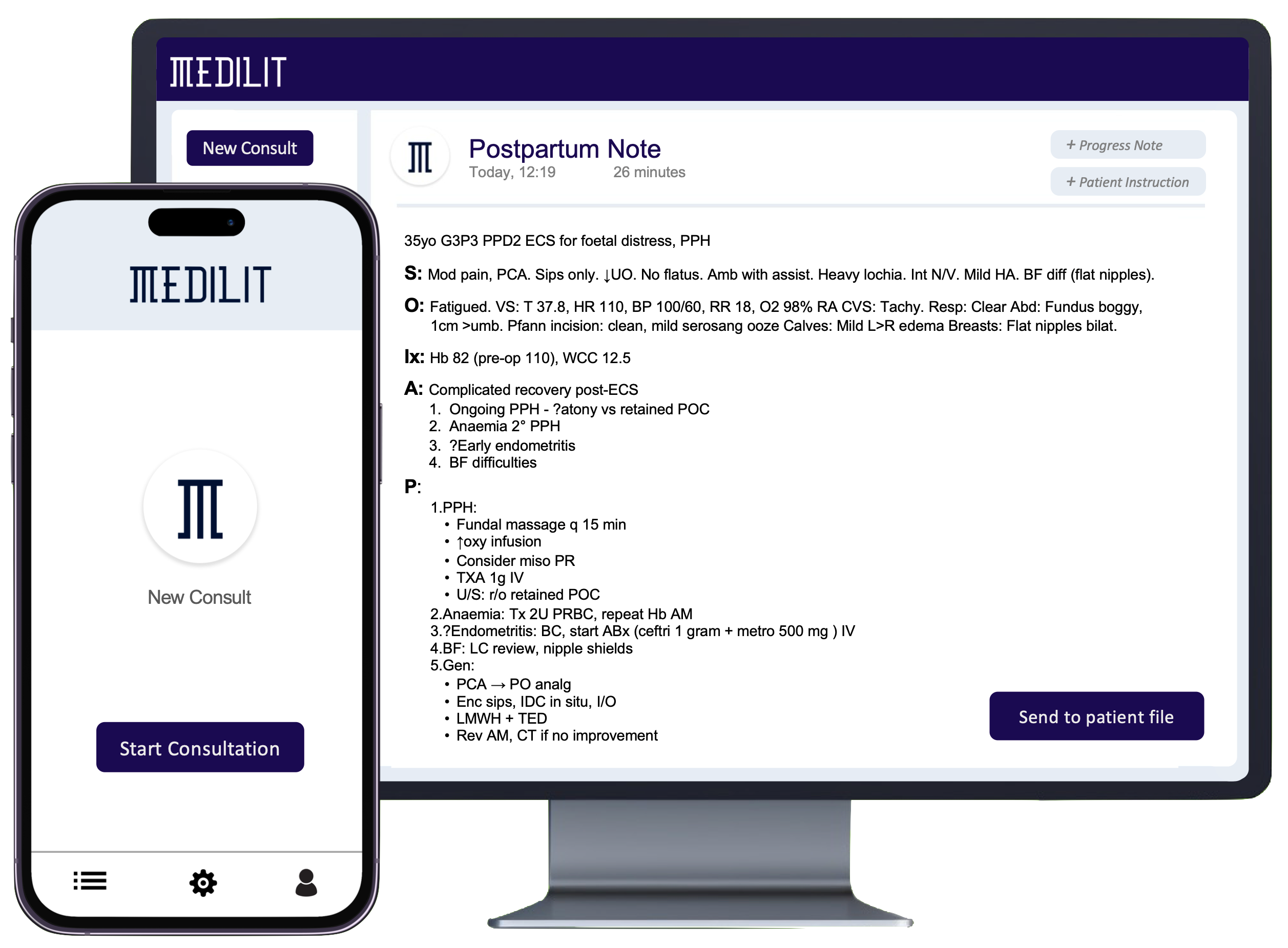
Revitalising Patient Connection: The Human Touch of AI Scribes
One lesser-known yet striking advantage of AI scribes is their contribution to 'rehumanising' healthcare. By managing documentation, AI scribes allow physicians to deepen their engagement with patients. This increase in the empathy quotient plants seeds of satisfaction on both sides of the healthcare equation.Streamlined Operations: AI Scribes as Power Boosters for Australian Healthcare Organisations
For Australian healthcare organisations willing to be at the forefront of innovation, AI scribes offer transformative benefits. From driving efficiencies to cost management and lifting service standards, AI scribes foster a more robust and resilient healthcare landscape across Australia. The University of Adelaide, a leading Australian institution, is actively researching the use of AI assistants to support busy doctors and improve patient care (https://www.adelaide.edu.au/aiml/news/list/2023/11/13/ai-assistant-to-help-busy-doctors-and-their-patients). This demonstrates the growing recognition of AI's potential in the Australian healthcare sector.Bringing Back the Human Element in Healthcare: A Global Perspective
A Harvard Business Review article sees AI as a tool that helps reintegrate the 'human' in human medicine, echoing the valuable shift AI scribes bring to healthcare worldwide, including Australia.Sowing Seeds for the Future: Investing in AI Scribes
Embracing AI scribes offers a pathway to transform the Australian medical field and effectively tackle the crippling issue of physician burnout. Decreased administrative burden, enhanced operational efficiency, and amplified patient interaction collectively help redefine the healthcare model. Early adopters are likely to enjoy the highest Return of investment, moulding a promising horizon for them.Redefining Australian Healthcare: The Necessity of AI Scribes
The advent of AI scribes marks a turning point in Australian healthcare, presenting an exhilarating opportunity to reshape the sector and tackle physician burnout. Let's seize this technological beacon to pave a path towards a more thriving healthcare landscape for both patients and healthcare professionals.
Case Study
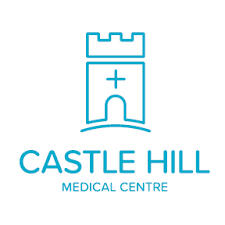
Castle Hill Medical Centre
14-February-2025 | 7 min read
Castle Hill Medical Centre
| Specialty | GP Clinic |
| No. of Doctors | 10 |
| Location | 5/272 Dohles Rocks Rd MURRUMBA DOWNS QLD 4503, Australia |
Castle Hill Medical Centre is a comprehensive healthcare facility located in the heart of Murrumba Downs, Queensland, Australia. The practice is home to a team of ten general practitioners who serve the diverse healthcare needs of the local community. With a strong commitment to providing high-quality primary care services, Castle Hill Medical Centre has established itself as a trusted medical provider in the northern suburbs of Brisbane, combining modern medical technology with compassionate patient care.
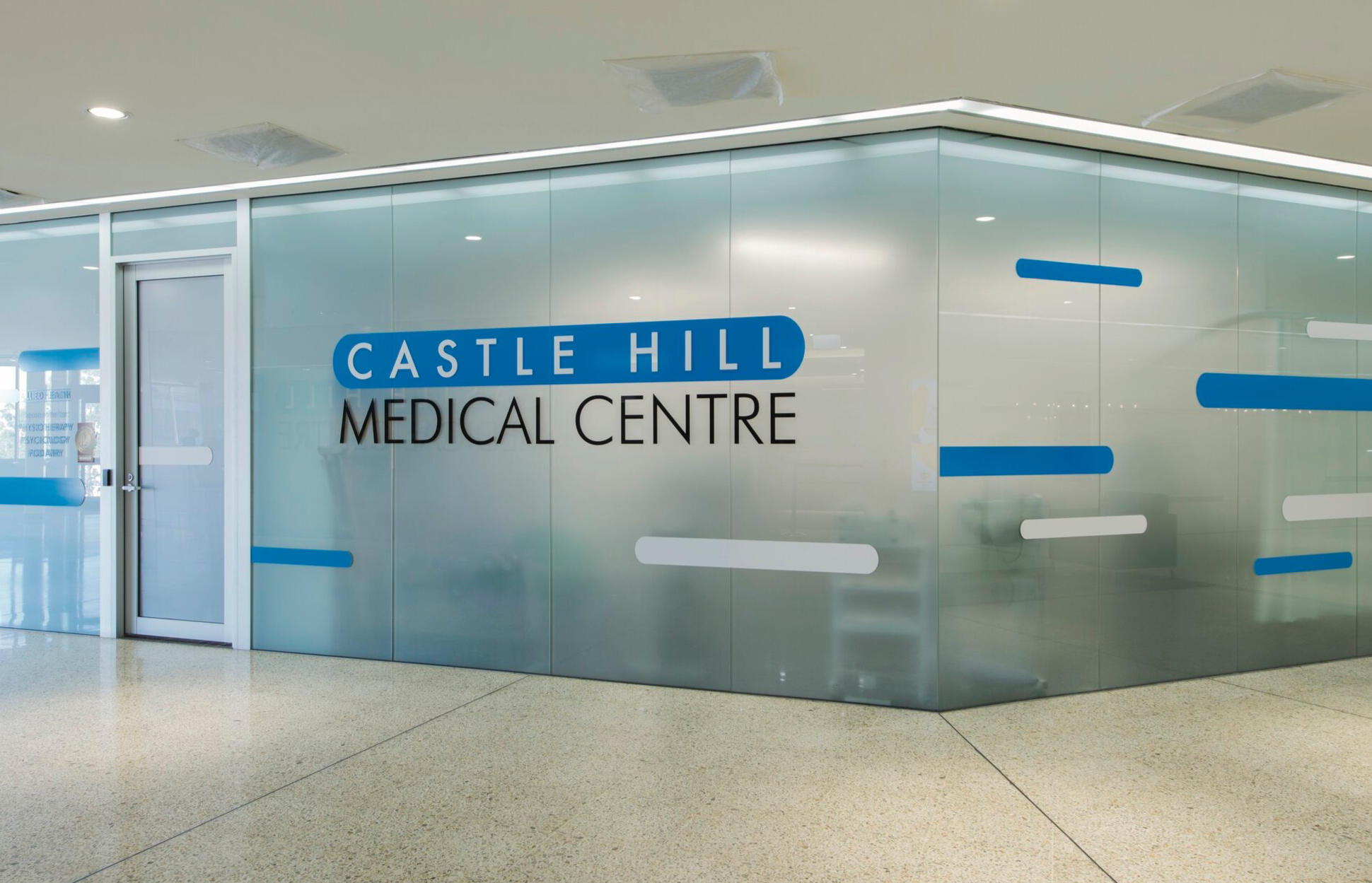
Castle Hill Medical Centre's dedicated team of GP’s, nurses, allied health and administration are committed to promoting high quality health care, wellbeing and disease prevention to all patients. Castle Hill Medical Centre does not discriminate in the provision of excellent care and aims to treat all patients with dignity and respect.
Since implementing Medilit AI Scribe, the entire medical team at Castle Hill has experienced significant improvements in their daily workflow efficiency. All ten doctors unanimously acknowledge the benefits of the AI-powered documentation system, with each practitioner saving approximately one hour per day that was previously spent on administrative documentation. This time savings has directly translated to reduced patient wait times throughout the practice, leading to a measurable increase in patient satisfaction scores. The practice has been able to accommodate more same-day appointments while allowing doctors to spend more quality time with each patient.

Dr. Emily Watters, one of the dedicated general practitioners at Castle Hill Medical Centre, shares her personal experience with integrating Medilit AI Scribe into her daily practice. The following account highlights Dr. Watters' journey with the technology, including the specific challenges it has helped her overcome and the quantifiable improvements she has witnessed in both her professional efficiency and patient care outcomes.
Background
Dr Emily Watters is a Kiwi who studied biochemistry and psychology in Christchurch before studying Medicine in Western Australia. She spent several years working in rural Western Australia, then through the East Coast in a range of specialities including General Medicine, Paediatrics, and Obstetrics. She was awarded the Duke & Sullivan Memorial Award for achieving the highest grade in the QLD RACGP examinations.
Dr Emily is passionate about preventative health and supports patients in a holistic approach to their health and wellbeing. She has competed nationally in weight lifting and worked as a personal trainer while at university. While not working, you can find her in the gym, rock climbing, or spending time with her husband and border collie.
Challenges
Dr. Watters manages a demanding schedule of back-to-back appointments, typically allocating 15-20 minutes per patient. She describes her practice as a continuous journey of patient communication and care, with her greatest professional satisfaction coming from witnessing improvements in her patients' health outcomes. However, amid these rewarding aspects of her work, Dr. Watters consistently struggled with the burden of clinical documentation requirements.
The documentation process not only consumed valuable time but significantly impacted her ability to maintain meaningful patient connections. Dr. Watters notes that focusing on typing during consultations created barriers to the essential face-to-face engagement that builds trust and facilitates better clinical outcomes.
Solution
After exploring numerous documentation solutions throughout her career, Dr. Watters found previous options prohibitively expensive and cumbersome to integrate into her existing workflows. The search for an efficient, cost-effective solution led her to Medilit AI Scribe.
Medilit distinguished itself through its intuitive design and seamless integration capabilities. Dr. Watters emphasizes that the platform's straightforward functionality and adaptable features have transformed her clinical practice in ways previous solutions could not achieve.
Dr. Watters identifies three standout features that have made the most significant impact:
The intuitive user interface that required minimal training to master
Highly accurate transcription capabilities that capture nuanced patient conversations
Customizable patient instruction handouts that have substantially improved patient satisfaction and compliance
Impact
Medilit has revolutionized Dr. Watters' practice by streamlining documentation processes from consultation transcription to correspondence generation. This comprehensive solution has not only recovered valuable clinical time but has significantly enhanced her capacity to deliver attentive, individualised patient care.
Key outcomes
Daily time savings of at least one hour
Enhanced patient-provider relationship quality
Effortless implementation for Dr. Watters and colleagues
Reclaiming Professional Balance
Comparing her workflow before and after Medilit implementation, Dr. Watters reports substantial improvements in her work-life equilibrium. She now completes consultation documentation in real-time, eliminating after-hours administrative burden and reclaiming at least sixty minutes daily for additional patient care or personal restoration.
Enhanced Patient Engagement
Dr. Watters emphasizes the qualitative improvement in consultations, noting that patients respond positively to the increased eye contact and attentiveness that Medilit enables. This restoration of human connection has strengthened therapeutic relationships and improved communication effectiveness.
Intuitive Technology Integration
What particularly distinguishes Medilit in Dr. Watters' experience is its exceptional user-friendliness and operational reliability. She highlights the platform's straightforward interface and seamless integration with existing practice management systems, enabling frictionless adoption without disrupting established clinical workflows.
Conclusion
The implementation of Medilit AI Scribe at Castle Hill Medical Centre demonstrates the transformative impact that thoughtfully designed healthcare technology can have on clinical practice. For Dr. Watters and her colleagues, what began as a solution to documentation challenges has evolved into a comprehensive practice enhancement tool that benefits the entire healthcare ecosystem.
The time savings of one hour per day across all ten practitioners translates to approximately fifty additional hours of clinical capacity per week—equivalent to adding more than a full-time physician to the practice without increasing staffing costs. This efficiency has allowed Castle Hill Medical Centre to expand patient access while simultaneously reducing wait times and improving the quality of each consultation.
Perhaps most significantly, Medilit has helped restore the human element to medical practice that can often be lost amid administrative demands. By enabling providers like Dr. Watters to maintain eye contact, actively listen, and fully engage with patients, the technology supports the relationship-centered care that is fundamental to positive health outcomes.
As healthcare continues to face increasing documentation requirements and provider burnout, Castle Hill Medical Centre's experience with Medilit AI Scribe offers a compelling model for how practices can leverage technology not merely to increase efficiency, but to enhance the quality of care and improve satisfaction for both patients and providers alike.
"Medilit hasn't just changed how I document," reflects Dr. Watters. "It's changed how I practice medicine—for the better."
Ambient AI Scribes: Revolutionising Clinical Documentation and Enhancing Healthcare Delivery
4 min read
The increasing complexity of clinical documentation within electronic medical records (EMR) has been identified as a significant contributor to clinician burnout, negatively impacting the quality of patient care and the physician-patient relationship. In response to this challenge, The Permanente Medical Group (TPMG) implemented ambient artificial intelligence (AI) scribe technology across its network in October 2023, aiming to alleviate the documentation burden on healthcare professionals.
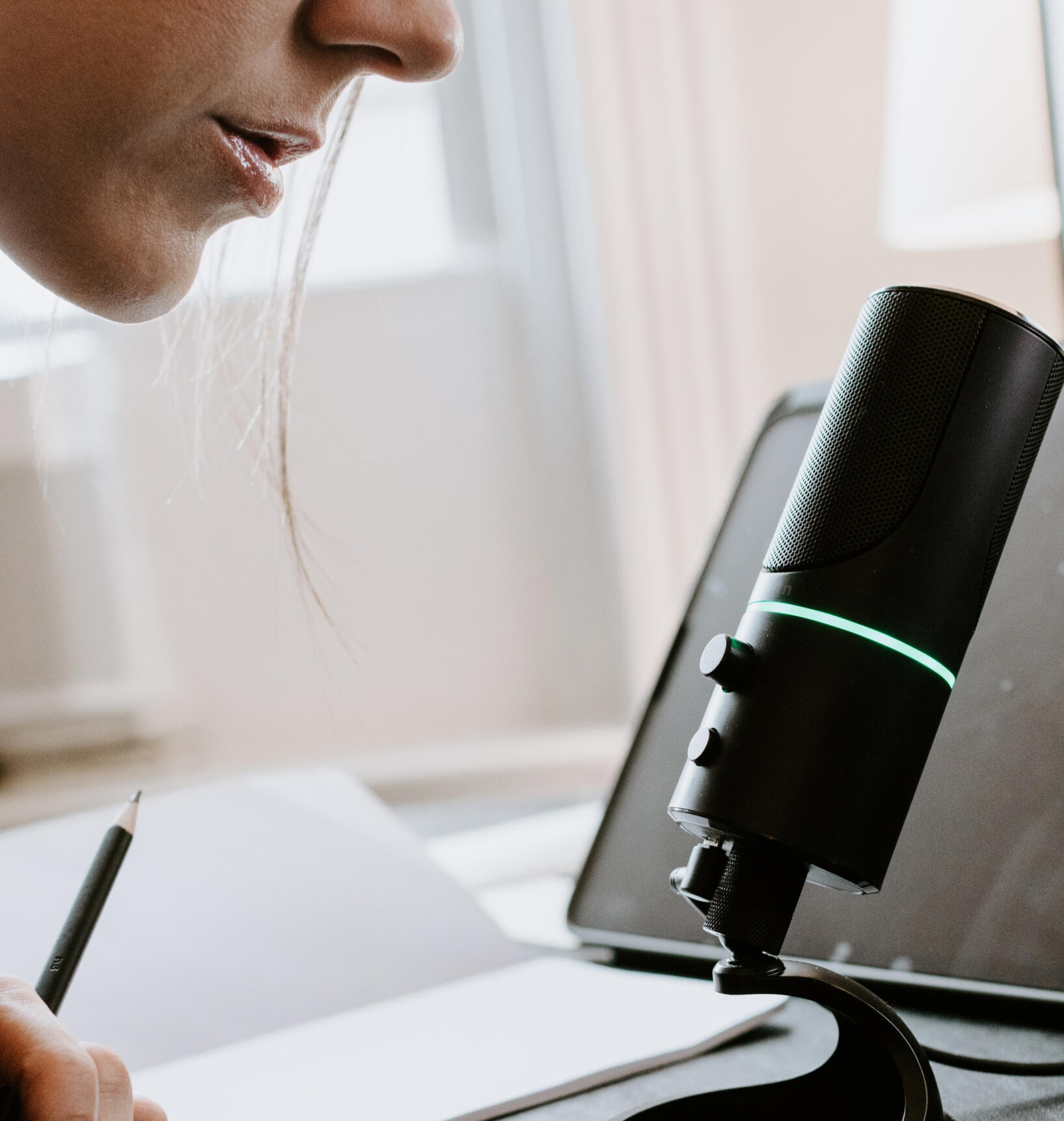
This innovative technology employs machine learning to transcribe clinician-patient encounters in real-time, using smartphones without retaining audio recordings. It promises not only to reduce the time clinicians spend on documentation but also to enhance the quality of patient interactions by allowing physicians to focus more on the patient rather than on data entry tasks.In the initial 10 weeks following implementation, ambient AI scribes were utilised by 3,442 TPMG physicians in over 303,266 patient encounters across various specialties. Early feedback from users has been overwhelmingly positive, with many noting significant improvements in their ability to engage with patients and a reduction in after-hours clerical work. Preliminary assessments indicate that the AI-generated documentation is of high quality, requiring minimal editing by clinicians.Moreover, statistical analyses have shown a link between the use of ambient AI scribes and reduced time spent on documentation and EHR activities. This suggests that ambient AI scribes could play a crucial role in mitigating clinician burnout by streamlining administrative tasks.Despite these promising results, ongoing enhancements are necessary for direct EHR integration, improved medical interpretation capabilities, and personalised workflow options. Additionally, careful attention must be paid to ensure that the technology supports clinicians effectively while maintaining accuracy and relevance in documentation.
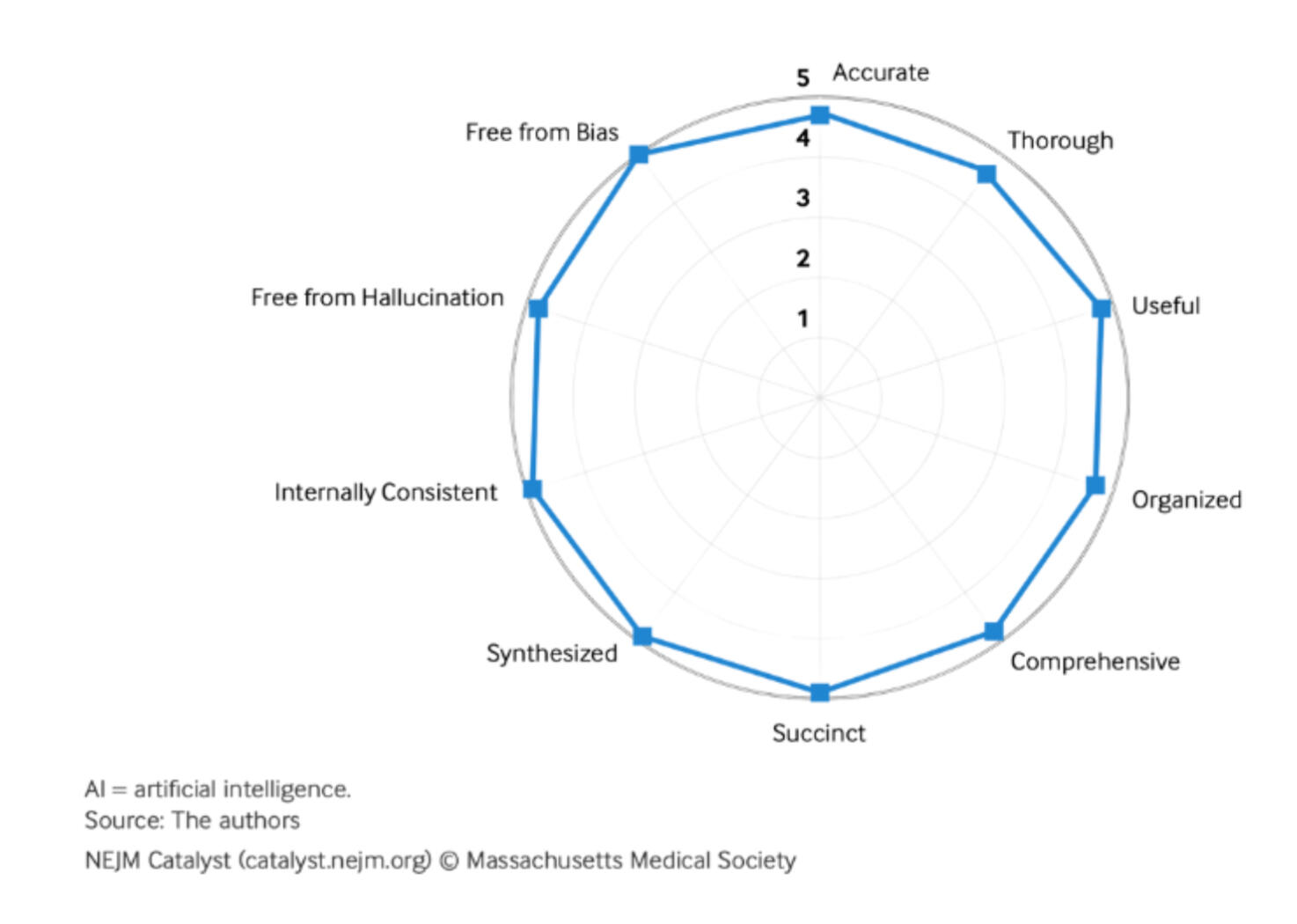
For healthcare organisations considering the adoption of AI-based medical scribe solutions, TPMG's experience underscores the importance of having clinical champions and fostering an organisational culture supportive of innovation. It also highlights the need for a dynamic evaluation framework to assess performance across engagement, effectiveness, quality, and safety domains.In conclusion, ambient AI scribes represent a significant advancement in healthcare technology with the potential to transform clinical documentation processes. By reducing the clerical burden on clinicians and enhancing patient interactions, ambient AI scribes could significantly improve both the efficiency and quality of healthcare delivery.
KEY TAKEAWAYS
Ambient artificial intelligence (AI) scribes show early promise in reducing clinicians’ burden, with a regional pilot noting a reduction in the amount of time spent constructing notes among users.
Ambient AI scribes were found to be acceptable among clinicians and patients, largely improving the experience of both parties, with some physicians noting the transformational nature of the technology in their care.
Although a review of 35 AI-generated transcripts resulted in an average score of 48 of 50 in 10 key domains, AI scribes are not a replacement for clinicians. They can produce inconsistencies that require physicians’ review and editing to ensure that they remain aligned with the physician–patient relationship.
Given the incredible pace of change, building a dynamic evaluation framework is essential to assess the performance of AI scribes across domains including engagement, effectiveness, quality, and safety.
Find more here: https://catalyst.nejm.org/doi/pdf/10.1056/CAT.23.0404
Case Study
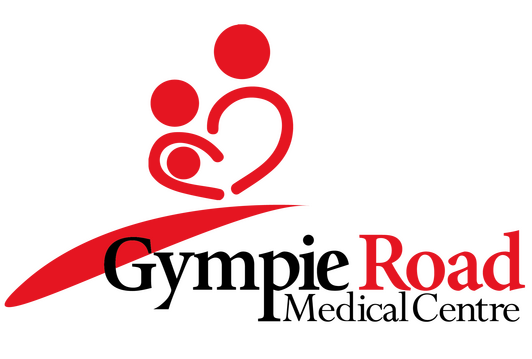
Gympie Road Medical Centre
24-November-2024 | 8 min read
Gympie Road Medical Centre
| Specialty | GP Clinic |
| No. of Doctors | 12 |
| Location | 1/640 Gympie Rd Lawnton QLD 4501 QLD 4503, Australia |
Gympie Roady Medical Centre, located in Lawnton, Queensland, is a thriving primary care facility that houses 12 general practitioners committed to providing comprehensive healthcare services to the local community. Situated in the heart of Lawnton, the centre has established itself as a trusted healthcare provider known for its patient-centered approach and dedication to excellence in general practice medicine.
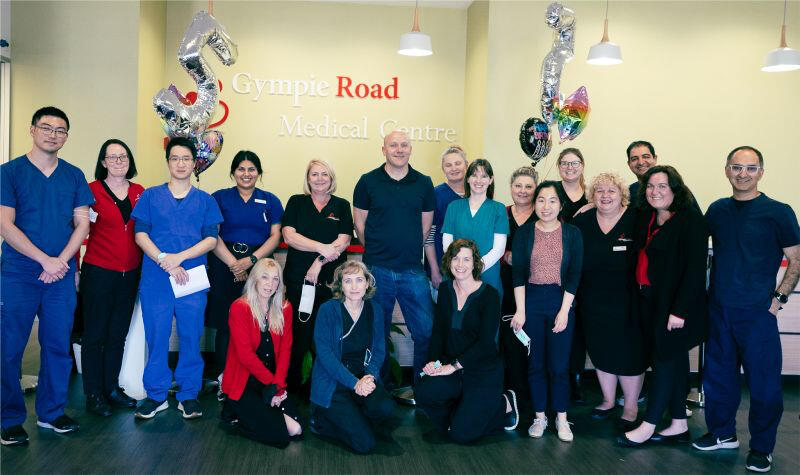
The medical team at Gympie Roady has unanimously acknowledged the significant benefits of implementing Medilit AI Scribe into their daily operations. Each doctor now saves approximately one hour per day by utilising this innovative technology, allowing them to see more patients and reduce administrative workload. This efficiency has translated directly into shortened patient wait times, which has resulted in measurable increases in patient satisfaction scores. The practice has observed that the streamlined documentation process has created a more positive experience for both practitioners and patients alike.
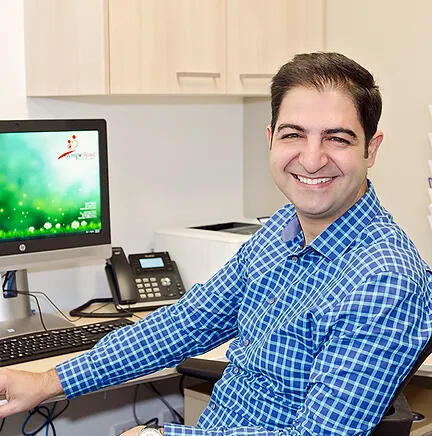
Dr. Bahram Adeli
“As a GP running my own clinic, Medilit has fit in very well into our routine practice. The platform has significantly reduced the time I spend on tedious paperwork, giving me more opportunities to connect with my patients.”
Background
Dr. Bahram Adeli achieved Fellowship of the Royal Australian College of General Practice (FRACGP) in 2014. Commencing his medical career as a medical officer at Redlands Hospital's emergency department in 2010, he subsequently dedicated over two years to serving as a General Practitioner (GP) in central Queensland. Simultaneously, he provided his expertise in the emergency department at Rockhampton Hospital. Since 2016, Dr. Adeli has served as a GP/Director at Gympie Road Medical Centre, concurrently practicing as a GP at Pine Rivers Private Hospital since 2015.
Dr. Adeli obtained his medical qualification from Iran in 2004 and pursued a Master of Health Service Management from Griffith University in 2009. He has held the position of senior lecturer at the University of Queensland since 2017, actively participating in GP registrar training and contributing to medical student education.Passionate about elevating the standards of General Practice, Dr. Adeli's focus lies particularly in Geriatric Medicine and Nursing Home Care, with ongoing research pursuits in these areas. Holding a "Professional Diploma in Medicine for the Older Person" from the Royal College of Physicians Ireland, he furthered his expertise through participation in the "Program of Experience in Palliative Care" in 2018 and the "GP with Special Interest (GPwSI) Program" in Geriatric Medicine in 2019. Additionally, he serves as a GP surveyor for AGPAL (Australian Accreditation General Practice Limited).Dr. Adeli's commitment extends to Mental Health, Occupational Health, and Chronic Disease Management. He holds an "Advanced Certificate of Chronic Disease Management" and a certificate in Pre-Employment Medicine and Occupational Health from Monash University, alongside training in Focused Psychological Strategies.
Challenges
Dr. Bahram Adeli, the owner of Gympie Roady Medical Centre and one of the doctors regularly using Medilit in his daily practice, shares his experience with the system. Prior to implementing Medilit, Dr. Adeli faced significant challenges with documentation burden.
Recording detailed medical notes consumed substantial time during each consultation, often extending his workday well beyond scheduled hours. He emphasises that these essential documentation tasks were entirely non-billable, creating a financial strain alongside the time pressure. Attempting to document during consultations also divided her attention, potentially compromising the quality of patient interactions.
Solution
After integrating Medilit AI Scribe into her workflow, Dr. Adeli experienced immediate benefits. By allowing the AI system to document consultation notes in real-time and simply reviewing them at the end of each appointment, he transformed his practice efficiency. The solution provided an elegant answer to what had been a persistent challenge in his medical practice.
The intuitive user interface that required minimal training to master
Highly accurate transcription capabilities that capture nuanced patient conversations
Customizable patient instruction handouts that have substantially improved patient satisfaction and compliance
Impact
The impact on Dr. Adeli's professional life has been profound. He now saves approximately one hour each day, which has improved both her work-life balance and practice profitability. During consultations, he can focus more completely on patient investigations and care planning rather than documentation. Perhaps most importantly to Dr. Adeli, he now leaves the office earlier, reducing burnout and improving his overall job satisfaction.
Key outcomes
Daily time savings of at least one hour
Enhanced patient-provider relationship quality
Effortless implementation for Dr. Watters and colleagues
Conclusion
In conclusion, Gympie Roady Medical Centre's adoption of Medilit AI Scribe demonstrates how technological innovation can address critical challenges in healthcare delivery. By reducing administrative burden while improving documentation quality, the practice has enhanced both operational efficiency and patient care. Their experience serves as a compelling example for other medical practices seeking to balance thorough documentation requirements with the need for efficient, patient-focused healthcare delivery.
Case Study
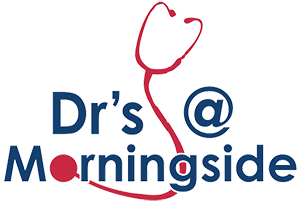
Doctors at Morningside
23-August-2024 | 6 min read
Doctors at MorningSide
| Specialty | GP Clinic |
| No. of Doctors | 10 |
| Location | Lawson St & Thynne Rd Morningside QLD 4170, Australia |
Doctors at Morningside is a family-owned private medical practice located in the leafy suburb of Morningside. Our dedicated team of doctors, nurses and admin support provides a comprehensive range of whole family medicine and takes pride in delivering the highest standards of medical care. We aim to provide whole-of-life care, from newborns to centenarians and believe that the maintenance of health is fundamental in attaining personal well-being.
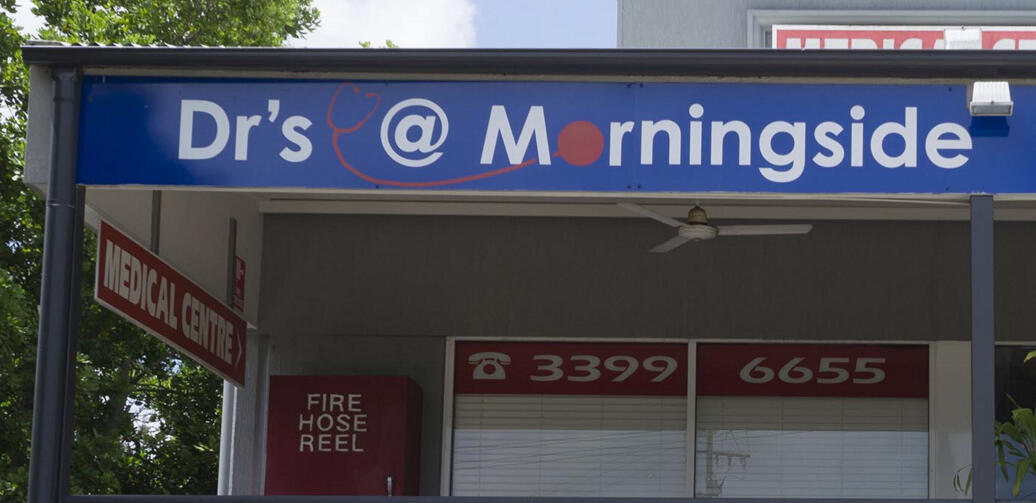
Doctors at Morningside, a general practice clinic, faced significant challenges with doctor workload and time spent on documentation. Doctors were spending considerable time on administrative tasks, reducing time available for direct patient care and contributing to after-hours work. The project aimed to address this by implementing MEDILIT, an AI-powered scribe, to streamline documentation and improve overall efficiency.

Dr Tom Langford-Ely: “I have had the opportunity to trial most other available platforms and I think Medilit is easily the best. Medilit has the best grasp of a typical GP consult, where topics aren't necessarily discussed in a linear fashion. I suddenly have more time in each consult to cover more issues and address preventative topics and I have more time during my day to see more patients. Overall, Medilit makes me a safer, better, more productive and happier clinician.”
Background
Dr Thomas Langford-Ely is a General Practitioner with over 15 years of experience. He is tech-focused and an early adopter in the medical field. He has used other similar products and expressed that he won't return to other products since using Medilit. He has utilised Medilit for over 1,400 consultations.Dr Langford-Ely, along with 9 other doctors at Doctors at Morningside, participated in this case study to evaluate the effectiveness of Medilit AI scribe in their daily practice.The implementation of AI scribes in general practice represents a significant advancement in addressing administrative burdens that often detract from patient care. Prior to adopting Medilit, Dr. Langford-Ely and his colleagues reported spending approximately 1-2 hours daily on clinical documentation, time that could otherwise be devoted to patient interaction or professional development. This challenge is consistent with broader industry trends, where documentation requirements have substantially increased over the past decade without corresponding adjustments to consultation timeframes.The case study was conducted over a nine-month period, during which participating physicians incorporated Medilit AI scribe into their regular workflow while maintaining their typical patient load. The evaluation aimed to measure impacts on documentation efficiency, consultation quality, physician satisfaction, and potential financial implications for the practice. Quantitative and qualitative data were collected through time measurements, structured surveys, and regular feedback sessions to provide a comprehensive understanding of the technology's real-world application in a busy general practice setting.
Challenges
The project encompassed the full implementation of MEDILIT at Doctors at Morningside, including initial concept exploration, software development and iteration, phased rollout to all doctors, training, ongoing support, and initial integration considerations with the practice's existing systems. The duration was approximately 9 months (November 2023 - August 2024), with ongoing development and integration.
Solution
Medilit AI scribe was introduced as a comprehensive solution to address the documentation challenges faced by general practitioners at Eckersley Medical Centre and Doctors at Morningside. The platform functions as a digital medical scribe that automatically generates clinical documentation from doctor-patient conversations, leveraging advanced natural language processing and machine learning algorithms specifically trained on Australian medical terminology and practice standards.
Impact
The implementation of MEDILIT resulted in significant improvements across key metrics, including a dramatic reduction in documentation time, increased patient interaction time, a substantial decrease in after-hours work, and a marked increase in doctor satisfaction.
| MetricGP Clinic | Baseline (Pre-MEDILIT) | Post-MEDILIT | Improvement |
|---|---|---|---|
| Documentation Time (daily) | 90 minutes | 18 minutes | 80% Reduction |
| Patient Interaction Time | 7.5 minutes | 10.5 minutes | 40% Increase |
| After-Hours Work (weekly) | 3 hours | 0.5 hours | 83% Reduction |
| Doctor Satisfaction | 2 out of 5 | 4.5 out of 5 | Significant |
Recommendations:
Continued Feedback: Maintain regular feedback channels with doctors to identify further areas for improvement and ensure MEDILIT continues to meet their evolving needs.
Best Practice Integration: Prioritise the seamless integration with Best Practice to further streamline workflows and eliminate any remaining manual data entry.
Care Plan Rollout: Implement the care plan features (MHCP, GPMP) gradually, with thorough testing and feedback cycles to ensure usability and compliance.
Explore Further Integrations: Investigate potential integrations with other relevant systems (e.g., pathology results, specialist letters) to further enhance efficiency.
Conclusion
All doctors who contributed to this case study confirmed the positive effect of Medilit AI scribe in their daily practice and unanimously expressed improvement in patient care. The implementation of Medilit resulted in substantial time savings, with practitioners reporting an average reduction of 60-90 minutes in daily documentation time. This recovered time translated directly into either increased patient capacity or improved work-life balance, addressing two critical challenges facing the medical profession today.
